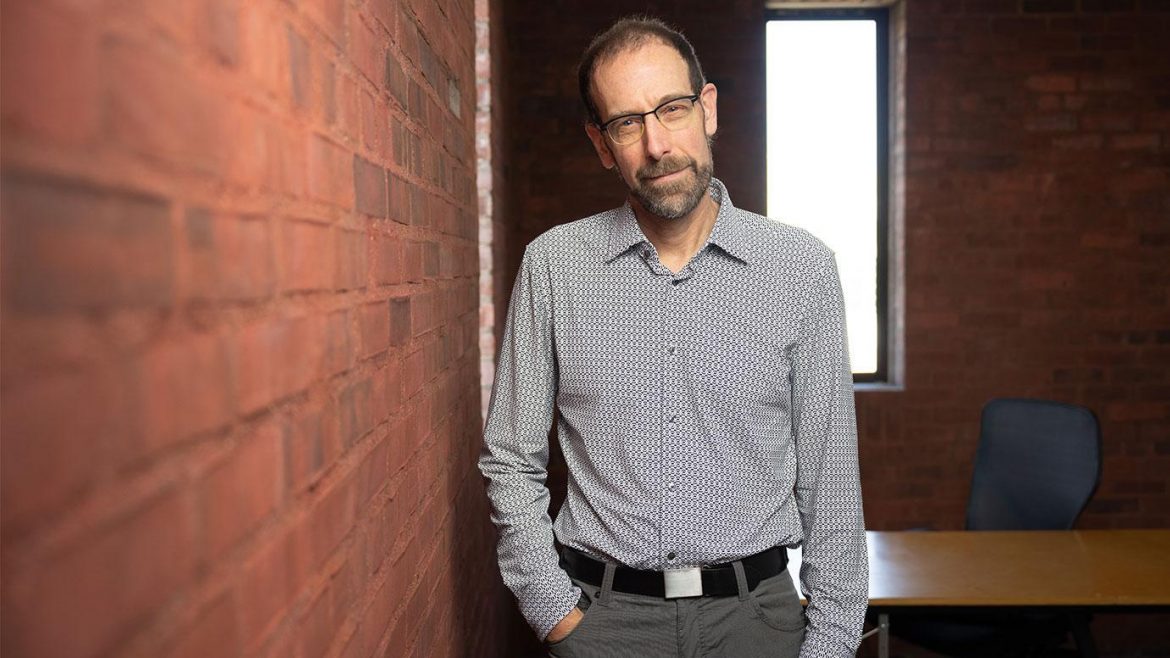David Keith, a renowned scientist, has accepted a position as a professor in the Department of Geophysical Sciences at the University of Chicago (UChicago) to explore Climate Systems Engineering and champion its initiative.
For more than three decades, Keith has worked at the nexus of climate research, technology, and public policy. He is currently leading initiatives to advance the science and policy analyses of solar geoengineering.
Keith is expected to oversee a new Climate Systems Engineering effort at UChicago that will research a variety of strategies, including methods to reflect sunlight away from Earth—ranging from injecting particles into the stratosphere, to using ocean salt crystals to brighten low-lying clouds. Other strategies could include ways to remove carbon from the atmosphere, and more localized interventions, such as protecting glaciers.
Read Also: Climate models foresee possibility of “super El Nio” before end of year
Through the Climate Systems Engineering effort, a new faculty will be employed to help both present scholars at UChicago and elsewhere who are striving to understand the intertwined technological and societal difficulties faced by solar geoengineering and carbon removal.
Keith said: “Climate engineering technologies may allow humans to protect themselves and the environment in ways that cannot be achieved by emissions cuts alone. Yet these technologies bring environmental risks and pose deep challenges for governance. No one should be confident about embracing or abandoning these methods.
“My only confident assertion about climate engineering is that open collaborative research today is vital to inform decisions our children must make tomorrow. I’m thrilled to join the University of Chicago with its commitment to open debate and its legacy of tackling society’s greatest tests.”
Story was adapted from UChicago News
